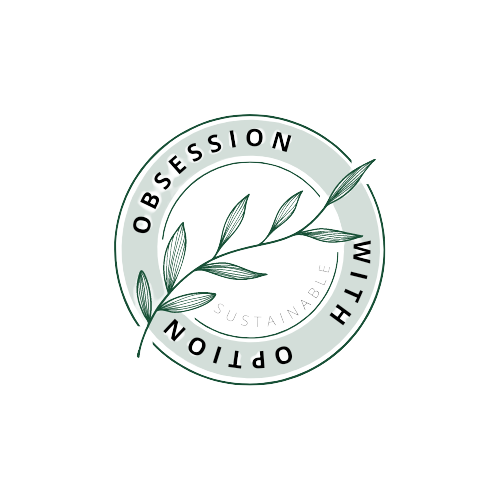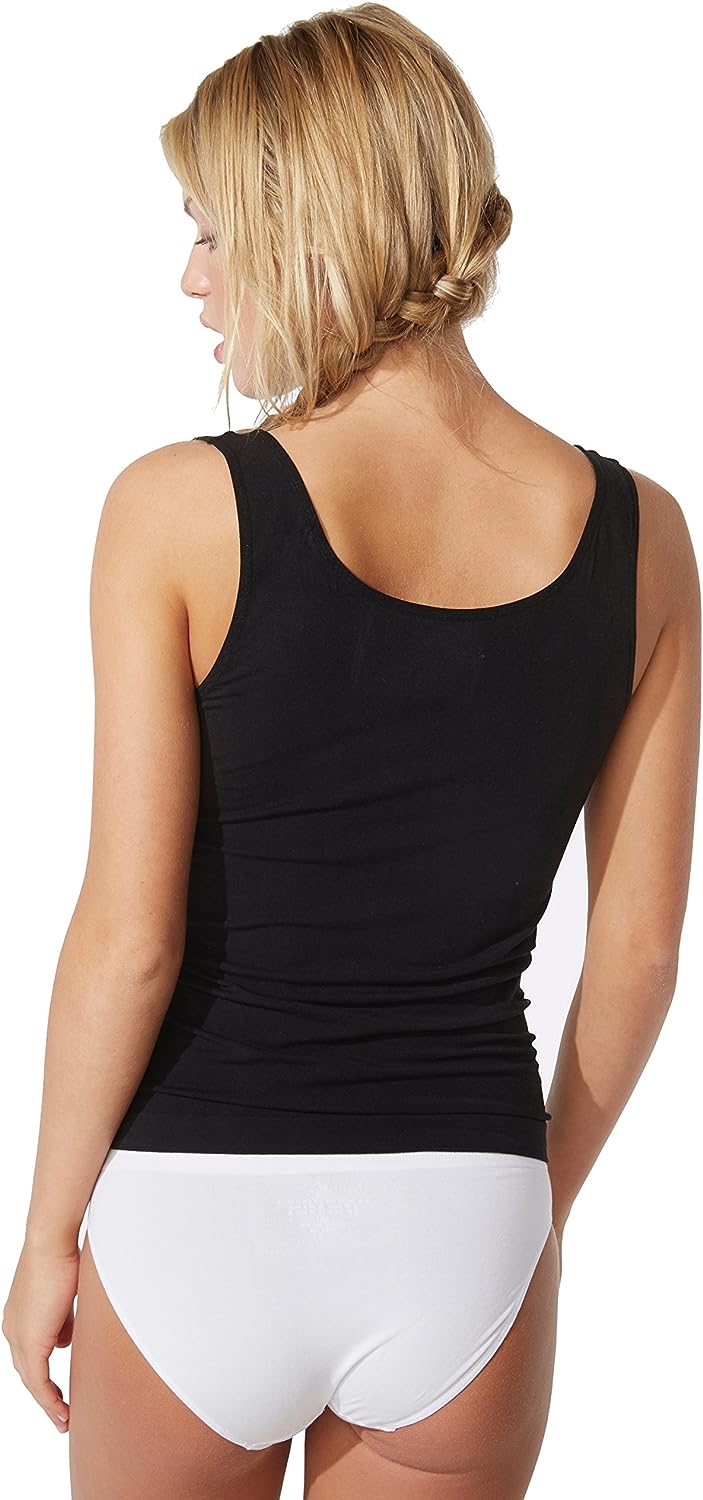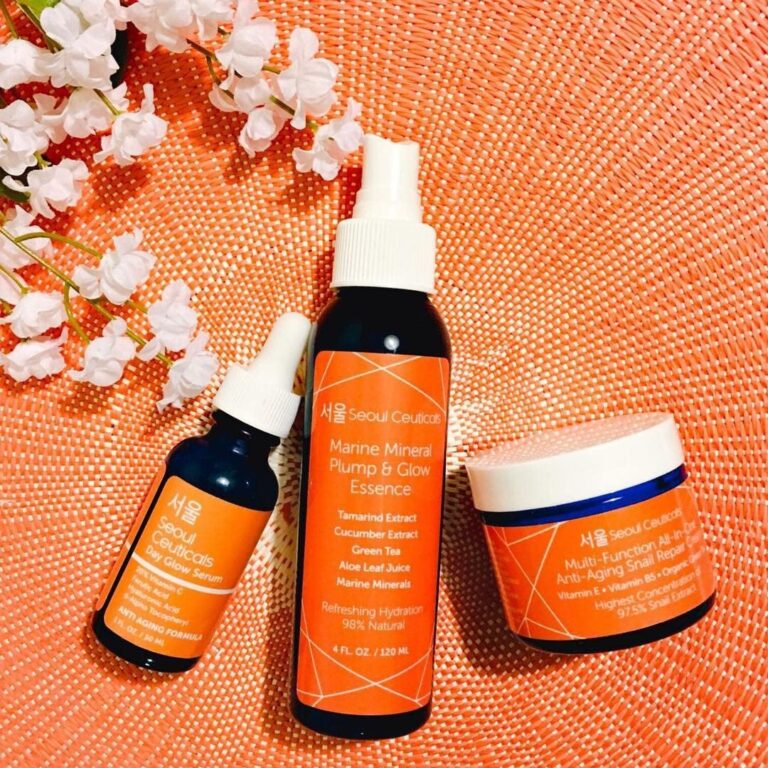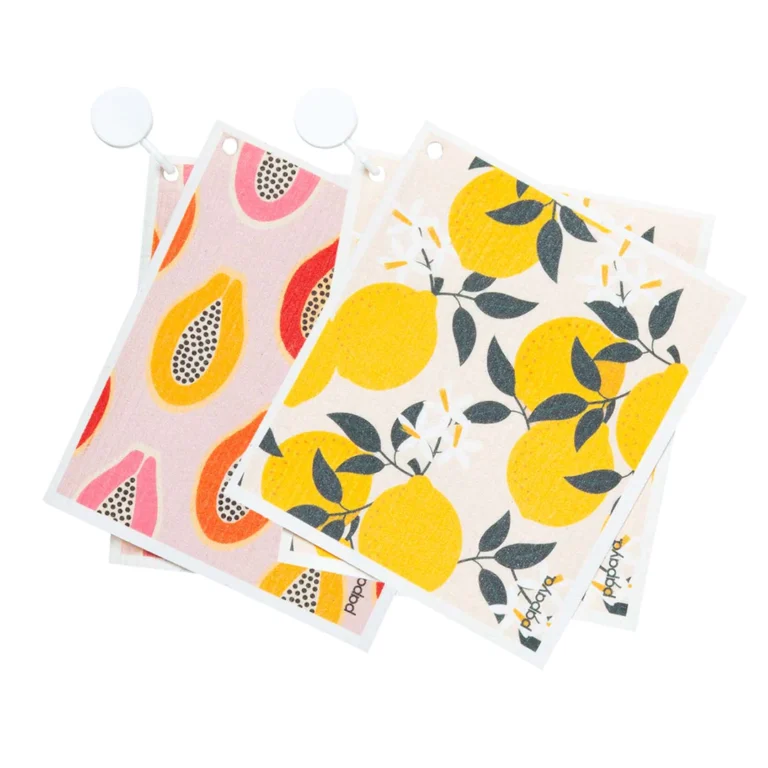In this article, we’ll compare Temu and Shein, two popular online shopping platforms, to analyze the ethical differences between them. We’ll take a closer look at their business practices, including labor rights, environmental impact, and supply chain transparency. By the end of this article, you’ll have a better understanding of the ethical contrasts between Temu and Shein, allowing you to make informed choices when it comes to your shopping habits.

Introduction
In the fast-paced world of the fashion industry, ethical considerations and sustainability have become increasingly important for consumers. With the rise of conscious consumerism, shoppers are now prioritizing brands that align with their values and ethical standards.
Two prominent players in the fashion industry, Temu and Shein, represent two contrasting approaches to ethical fashion. Temu, founded by Maria Lopez in 2008, has gained recognition for its commitment to fair labor practices and sustainable fashion. On the other hand, Shein, established by Chris Xu in 2008, has faced criticism for its fast fashion business model and alleged controversial practices.
This article aims to provide a comprehensive analysis of the ethical contrasts between Temu and Shein, examining their labor practices, environmental impact, supply chain transparency, social responsibility initiatives, pricing and accessibility, customer relations, public perception, controversies, and their impact on the fashion industry. Furthermore, it will also explore legal and regulatory compliance, the future of ethical fashion, and the challenges and opportunities faced by these brands.
Background of Temu
Founder and History
Maria Lopez, a fashion designer with a passion for sustainability, established Temu in 2008. Inspired by her travels to developing countries, Maria sought to create a brand that not only emphasized creativity and style but also maintained a strong social and environmental conscience.
Mission and Values
Temu’s mission is to revolutionize the fashion industry by creating sustainable, ethical, and timeless pieces that empower both the makers and the wearers. The brand is committed to fostering fair labor practices, protecting the environment, and supporting local communities. Temu aims to inspire a shift towards conscious consumerism, where customers make informed choices that positively impact the world.
Background of Shein
Founder and History
Chris Xu founded Shein in 2008 as an online fast fashion retailer targeting young consumers. Shein quickly gained popularity for its affordable and trendy clothing options, attracting a large customer base globally.
Business Model
Shein’s business model centers around speed and affordability. By utilizing a fast fashion approach, the brand continuously releases new designs at low prices, catering to the ever-changing fashion demands of the market. This model allows Shein to maintain a quick turnover of products and keep up with the latest trends.
Comparison of Ethical Standards
Labor Practices
Temu prioritizes fair labor practices and works closely with artisans and garment workers to ensure ethical manufacturing standards. The brand supports worker’s rights, paying fair wages, providing safe working conditions, and implementing transparent supply chains.
In contrast, Shein has faced criticism for its labor practices. There have been allegations of poor working conditions, low wages, and potential exploitation of workers in some of its supplier factories. These claims have raised concerns about the brand’s commitment to ethical standards.
Environmental Impact
Temu places a strong emphasis on environmental sustainability. The brand uses organic and ethically sourced materials, implements eco-friendly production processes, and minimizes waste. Additionally, Temu actively promotes recycling and upcycling practices, encouraging customers to be environmentally responsible.
Conversely, Shein’s fast fashion model contributes to a significant environmental impact. The brand’s rapid production and disposal of clothing lead to excessive waste, water pollution, and carbon emissions. Critics argue that this model is incompatible with sustainable fashion and the reduction of environmental harm.
Supply Chain Transparency
Temu prioritizes transparency throughout its supply chain. The brand discloses information about its manufacturing partners, ensuring that customers have visibility into the production process. Temu believes in fostering a sense of accountability and trust with its customers, allowing them to make informed choices aligned with their values.
Shein, on the other hand, has faced scrutiny regarding supply chain transparency. The brand has been accused of lacking transparency, making it difficult for customers to trace the origin of their garments and evaluate the ethical practices involved in their production.
Differences in Approach
Social Responsibility Initiatives
Temu goes beyond ethical manufacturing by actively engaging in social responsibility initiatives. The brand partners with non-profit organizations, supports local communities in developing countries, and invests in education and training programs. Temu envisions fashion as a tool for empowerment and positive social impact.
Shein, on the other hand, has not been as proactive in social responsibility initiatives. While the brand primarily focuses on delivering trendy and affordable fashion, its engagement in social causes has been relatively limited.

Pricing and Accessibility
Temu’s commitment to ethical manufacturing and sustainable materials often translates into higher prices for its products. This pricing strategy reflects the brand’s adherence to fair labor practices and the use of quality materials.
Shein, with its fast fashion approach and economies of scale, offers more affordable pricing options. This accessibility contributes to the brand’s popularity among price-conscious consumers.
Customer Relations
Temu values building strong relationships with its customers. The brand emphasizes personalized customer service, ensuring that customers feel heard and valued. Temu actively seeks feedback and incorporates it into their processes, fostering a sense of collaboration and loyalty.
Shein, despite its large customer base, has received criticism regarding customer service. Some customers have reported challenges in obtaining refunds, delayed responses to inquiries, and difficulties in reaching the brand’s customer support team.
Public Perception and Controversies
Temu’s Ethical Accolades
Temu has gained positive recognition for its commitment to ethical fashion. The brand has received various ethical accolades, including certifications for fair trade practices and sustainable manufacturing. Temu’s transparent approach and strong ethical values have garnered a loyal customer following.
Shein’s Controversial Practices
Shein has faced several controversies over the years. The brand has been accused of cultural appropriation, plagiarism of independent designers’ work, and infringing intellectual property rights. Additionally, the brand has faced criticism for its alleged unethical labor practices and environmental impact.
Impact on the Fashion Industry
Influence on other Brands
Temu’s success in prioritizing ethical fashion and sustainability has influenced other brands within the industry. Many fashion labels have started to adopt similar practices, recognizing the importance of ethical considerations in meeting consumer demand.
Shein’s fast fashion approach has also had an impact within the industry, particularly in the online retail space. The rise of similar brands focusing on affordability and quick turnover reflects the influence of Shein’s business model.
Consumer Behavior
The ethical contrasts between Temu and Shein have played a significant role in shaping consumer behavior. Increasingly, customers are becoming more conscious of their purchasing decisions, seeking out brands that align with their values. This shift in consumer behavior has led to a growing demand for ethical fashion, prompting brands to reevaluate their practices.
Legal and Regulatory Compliance
Differences in Local Laws
Temu operates in accordance with local laws and regulations, ensuring compliance in all aspects of its operations. The brand prioritizes ethical manufacturing practices, striving to exceed legal requirements to create a positive impact on workers and the environment.
Shein also operates within legal frameworks, but the controversies and allegations surrounding the brand raise questions about its adherence to regulations, particularly in terms of labor practices and intellectual property rights.
International Standards and Regulations
Both Temu and Shein operate in a global market, subject to international standards and regulations. As ethical fashion gains more awareness and recognition globally, various organizations and regulatory bodies are developing guidelines and certifications to promote sustainability and fair labor practices.
The Future of Ethical Fashion
Changing Consumer Preferences
The rising demand for ethical fashion indicates that consumer preferences are evolving. As individuals become more conscious of the impact of their consumption choices, brands that prioritize ethics and sustainability are likely to thrive. This shift in consumer preferences offers an opportunity for brands like Temu to continue expanding their market presence.
Challenges and Opportunities
While ethical fashion presents opportunities for growth, it also poses challenges for brands. Balancing affordability, scalability, and sustainability remains a significant hurdle. Brands must constantly innovate to find sustainable solutions without compromising their bottom line.
Conclusion
In the clash between Temu and Shein, the contrasts in ethical standards and approaches to the fashion industry are evident. Temu’s commitment to fair labor practices, environmental sustainability, and supply chain transparency positions it as a leader in ethical fashion. On the other hand, Shein’s fast fashion model and alleged controversies raise concerns about its ethical commitments.
Ultimately, the choice between Temu and Shein lies in the hands of the consumer. As conscious consumerism continues to shape the fashion industry, brands will need to adapt, prioritize ethics, and keep pace with evolving consumer demands. The future of ethical fashion depends on the collective efforts of brands, consumers, and regulatory bodies working towards a more sustainable and socially responsible industry.












